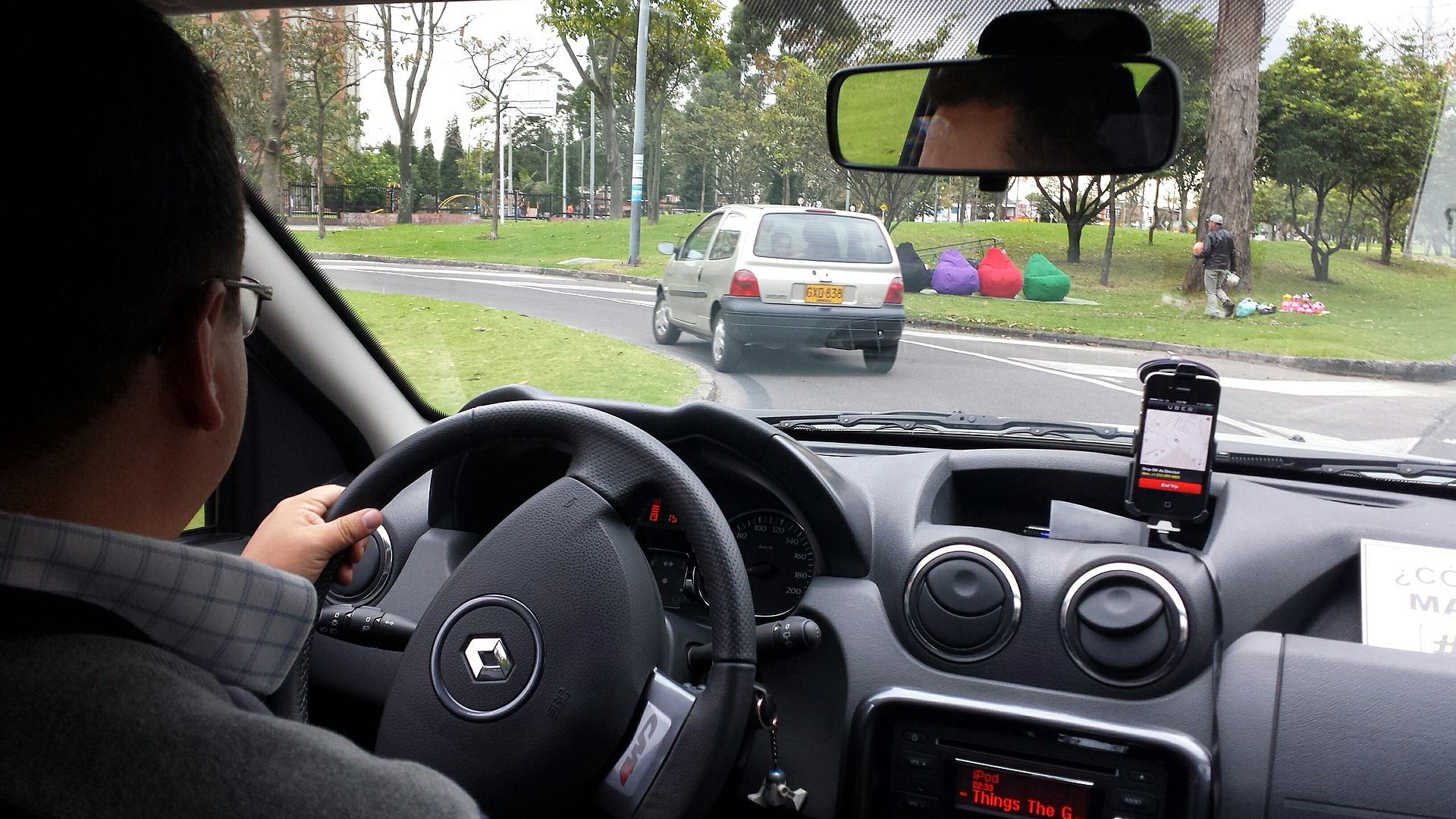Shared economies are strange creations of a post-recession market.
People are letting strangers live in their homes and driving unknown, drunk 21-year-olds in their cars after working 15-hour days, all for some extra cash.
In the meantime, these billion-dollar shared economies like Airbnb and Uber are encroaching upon traditional travel industries, or so the hotels and rentals car companies fear.
So when the city of San Francisco decided to make short-term rentals, aka Airbnb arrangements, legal, vacation rental marketplace HomeAway decided to sue the city.
Then, as recently as December of last year, the city of San Antonio imposed a regulation on Uber and Lyft drivers and other ride-share drivers to have insurance policies no less than $200, 000 in addition to driver fees and background checks.

With business value dropping down, Uber announced last week, almost a year after it launched in San Antonio that it was closing down in the city, even as the City Council voted to remove the insurance requirement.
The Alamo City was trying to create a regulatory environment for these new shared economies at the behest of the police department and tax companies.
Meanwhile, HomeAway alleged in its lawsuit that Airbnb got the kind of short-term rental law it wanted by contributing a hefty amount to a PAC to get in the good books of the San Francisco board of supervisors’ president.
The question here, that might cost someone billions of dollars, is whether shared economies are really taking away business from traditional travel marketplaces or tapping into a market that can afford a shared arrangement but not a traditional one?
From personal experience, I’d say no, because I am piously devout to public transportation and Zipcars, but cabs? No thanks! Yet, when I think of taking a cab somewhere, I open up my Uber app. And when I’m in an area I don’t know, I ring up a yellow cab.
The long and short of it is, yes background checks are necessary for the people offering rides, for the landlords and the renters. Without them, there isn’t any credibility. Take for instance the fact that Uber was banned in India after a driver raped his passenger. Without background checks, you lay yourself open to that risk.
But sometimes, I don’t want to spend money on a cab when I could get to my destination on public transit. If I’m lucky with Uber, I’ll even get a fancy car thrown into the mix.
I don’t think catering to a different demographic should be made harder by city rulings. Regulations can be made friendly and negotiations can be worked out, unless of course, we want to be elitist and say traveling and cabs are for people who can afford them.
I, for one, don’t agree with the idea that we have to have traditional ways of doing business, when nothing else in our lives is traditional any more — not cuisine, nor apparel, not even the jobs that make money or the formula for making more.
Then why should we selectively discriminate against the slightly less well-off when it comes to travel?
Leave a Reply